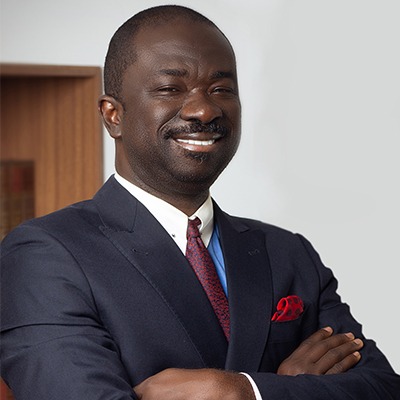Nana Agyei Baffour Awuah, Member of Parliament for Manhyia South and legal practitioner, has issued a clarion call for strict adherence to constitutional due process and non-partisanship in the ongoing impeachment proceedings against Ghana’s Chief Justice.
The lawmaker in a statement issued on the subject, emphasized that credibility of the process hinges on compliance with legal safeguards to protect democratic integrity.
Awuah outlined two non-negotiable principles guiding his stance:
1. Compliance with due process under Article 146 of Ghana’s Constitution, which outlines procedures for removing superior court judges.
2. Ensuring the process remains free from political bias, cautioning that partisan influence could undermine public trust and “retrogress” Ghana’s democracy.
The MP stressed that President John Mahama’s suspension of the Chief Justice risks being deemed unconstitutional if executed without regard for Article 296, which mandates fairness and transparency in executive actions.
“Ignoring Article 296 renders the suspension arbitrary, unfair, and capricious,” Awuah stated, adding that his advocacy focuses solely on legal rigor, not opposition to the impeachment itself.
Contrast with Charlotte Osei’s Case
Responding to comparisons with the 2017 suspension of former Electoral Commission Chair Charlotte Osei and her deputies, Awuah clarified key differences.
“In Madam Osei’s case, the President [Nana Addo Dankwa Akufo-Addo] did not invoke Article 146(10) to suspend the commissioners. Thus, constitutional questions about suspension procedures did not arise then,” he explained.
Call for Judicial Reforms
Beyond the immediate impeachment, Awuah urged systemic reforms to shield judicial independence from political interference. He revealed he had already submitted proposals to the Constitutional Review Committee and encouraged citizens to actively engage in shaping reforms.
“This moment underscores the need to fortify institutions against partisan agendas,” he said.
Awuah reiterated that his critique does not challenge the President’s authority to initiate impeachment but insists on procedural fidelity.
“My concern is ensuring the process aligns with the rule of law, not questioning its legitimacy,” he affirmed.
Background:
The impeachment proceedings against Ghana’s Chief Justice (CJ) began in early 2025 after petitions alleging misconduct and abuse of office. President John Mahama, acting on constitutional advice from the Council of State, suspended the Chief Justice on April 15, 2025, citing Article 146(10) of the 1992 Constitution, which empowers the President to suspend a superior court judge pending parliamentary inquiry. The suspension triggered immediate backlash, with legal analysts and civil society groups questioning its timing and procedural fairness.











